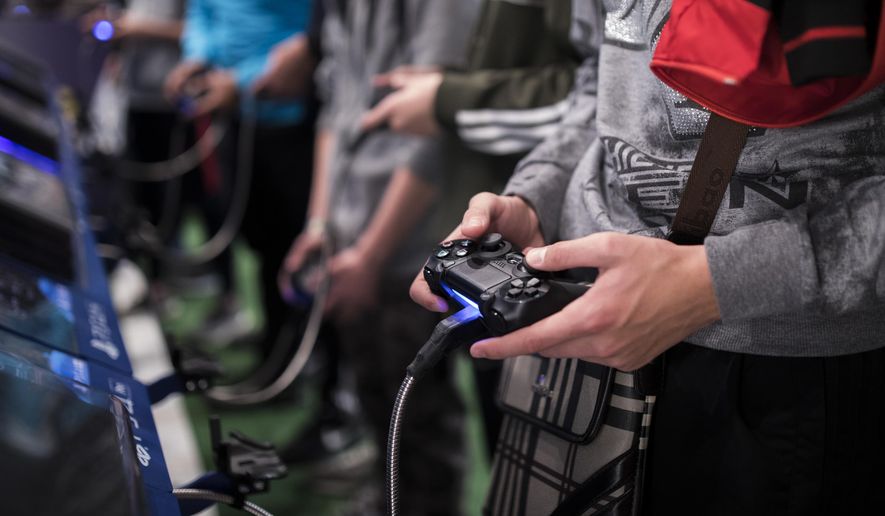OPINION:
Move over, ADHDers and PTSDers. There’s a new mental health condition in town and it’s called — video gaming.
And all the teenage-to-millennial-age boys go — eh, it’s better than getting a job.
But seriously, this is real. The World Health Organization just revised its disease classification manual to stipulate that the compulsive playing of video games is a psychological condition called “gaming disorder.”
Yes, gaming disorder.
A more apt name for it is Parents Who Enable Their Kids Syndrome.
“We come across parents who are distraught, not only because they’re seeing their child drop out of school, but because they’re seeing an entire family structure fall apart,” Dr. Henrietta Bowden-Jones, spokeswoman for Britain’s Royal College of Psychiatrists, told The Associated Press.
In other words: Parents let their children play video games all day instead of making them go to school, go to work or, heavens forbid, move out and lead an adult life — so the distress that naturally results has led to this dimwitted decision at the U.N.-affiliated WHO. And it is dimwitted because once it’s recognized that video gaming is a mental health condition, then the next logical step to take is to develop the cure.
As Shekhar Saxena, the director of WHO’s department for mental health and substance abuse, put it, the recognition of gaming disorder will open doors to meet “the need and the demand for treatment in many parts of the world.”
It’ll also open the door for the newest Big Pharma push for pill-popping. Don’t we already have a problem with Ritalin?
The American Psychiatric Association, which hasn’t yet recognized gaming disorder as a mental health problem, nonetheless said in 2013 that “studies suggest that when these individuals are engrossed in Internet games, certain pathways in their brains are triggered in the same direct and intense way that a drug addict’s brain is affected by a particular substance. The gaming prompts a neurological response that influences feelings of pleasure and reward, and the result, in the extreme, is manifested as addictive behavior.”
OK. But let’s not find the solution in a prescription bottle. The answer for so-called gaming disorder is much easier than that — so much easier, in fact, that it can be summed up in a single word: Unplug.
Pull the cord. Hit the off button. Lock the PS4 in the closet.
No need to drug the kids.
Truly, we just need better parents — more disciplined, stronger, committed parenting — and much, if not all, of this gaming disorder nonsense would simply go away.
• Cheryl Chumley can be reached at cchumley@washingtontimes.com or on Twitter, @ckchumley.




Please read our comment policy before commenting.